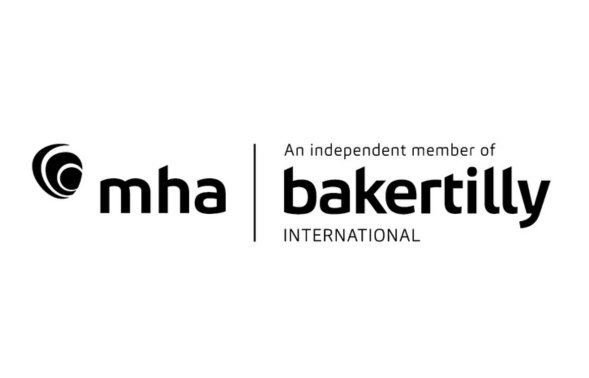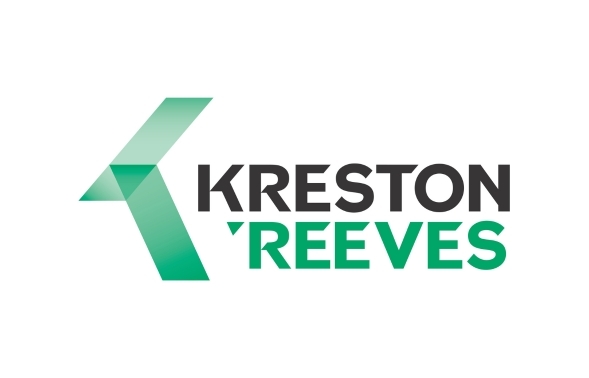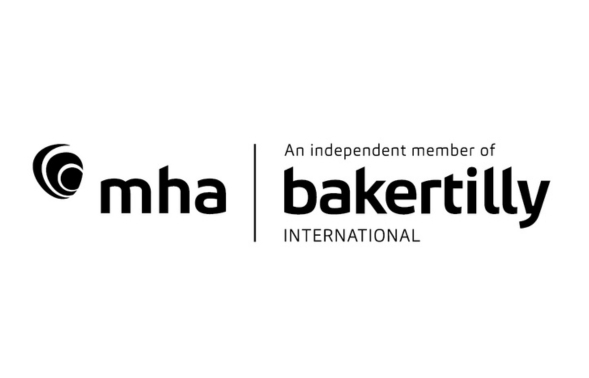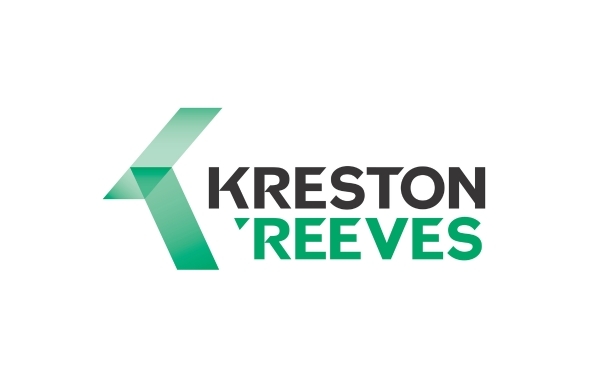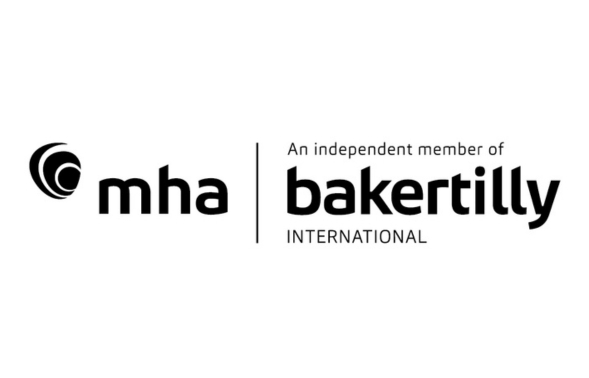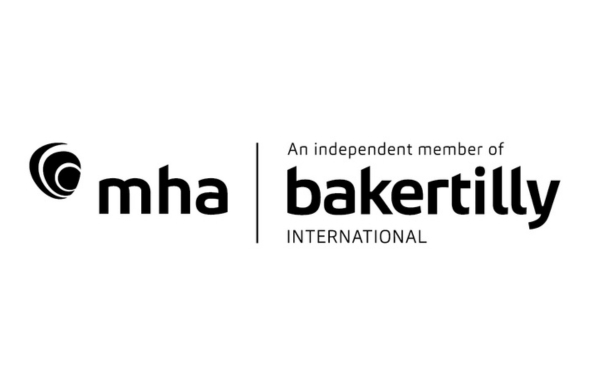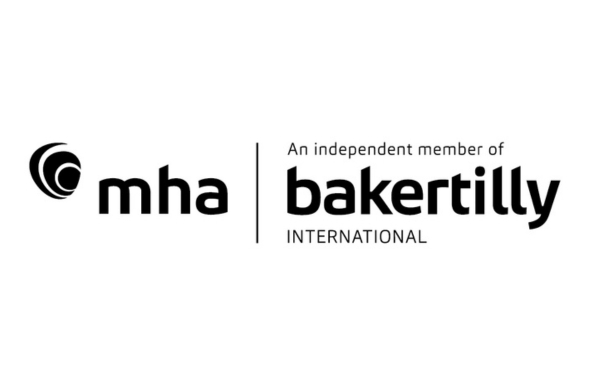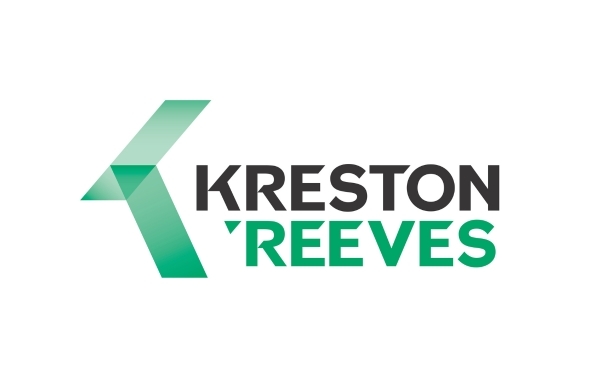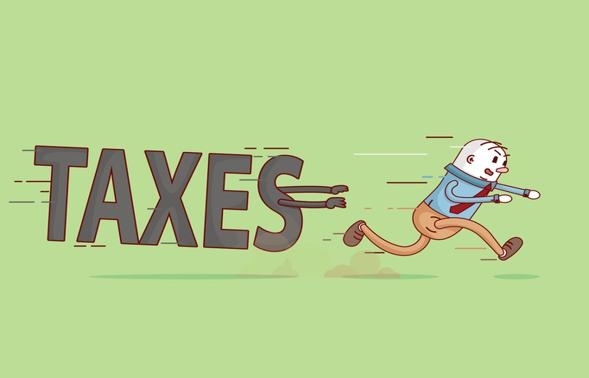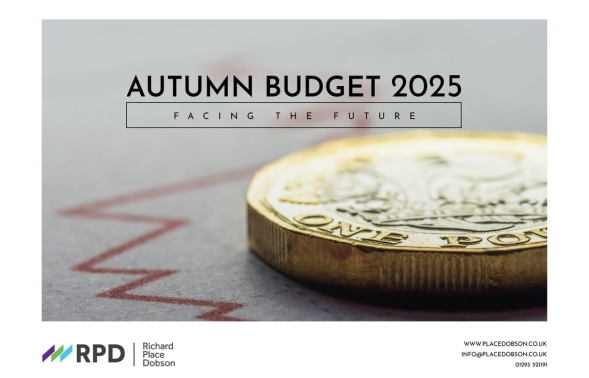Economic slowdown as uncertainty leads Brits to save, not spend
Professor Joe Nellis is economic adviser at MHA, the accountancy and advisory firm.
The UK economy grew by 0.3% in the second quarter of 2025, despite month-on-month growth of 0.4% in June, highlighting the scale of the Chancellor's challenges. This is less than half the 0.7% growth recorded in the first quarter, driven by a surge in exports ahead of the imposition of tariffs. Sluggish economic growth means that tax revenues will not reach the levels that the government needs to maintain its current fiscal strategy. Rachel Reeves may be forced to raise taxes in the Autumn Budget to keep the ship afloat.
A central issue for economic growth is the stubbornly high household savings ratio, reaching 12% in Q4 of 2024 and remaining well above 10% since then. A high ratio of household earnings being saved can signal that people are holding back on spending, reducing demand for goods and services. Lower consumer spending can slow business revenues, discourage investment, and ultimately dampen economic growth. If this persists, it can lead to weaker job creation and a risk of recession, as the economy relies heavily on household consumption to drive activity. This reflects a lack of consumer confidence, despite real wages growing, as uncertainty around tax rises persists.
The Chancellor must find a way to unlock household savings to increase consumer spending and bolster growth — more clarity on taxes ahead of the Budget may provide this, but this would be welcome ammunition to the opposition in Parliament.
Since the 1960s, the savings ratio has only been higher on a handful of occasions, including the early years of Margaret Thatcher’s premiership, the recession of the early 1990s, after the 2008 Global Financial Crisis, and during the pandemic. That the ratio has climbed so high now is reflective of the insecurity households are feeling.
Weak growth is at the heart of the Chancellor’s worries in the lead-up to the Budget. Given that she will stick to her self-imposed fiscal rules, the Chancellor faces the unenviable task of choosing either to cut public spending or to raise taxes. The Government's economic plan relies on growth, yet strong opposition to cuts in the Labour Party may leave Reeves with no option but to raise taxes, stifling economic growth even further.
The next few months will be critical for the government, as they look to restore confidence in consumer and investment spending. Some factors are out of the Government’s control. The recent interest rate cut offers some relief to businesses facing tight margins, but further cuts would be welcome. Economic recovery will depend on global economic conditions and the ease of exporting to the world. The government needs to find a way to inject some momentum into the UK economy for its own political survival — unfortunately, this is likely easier said than done.
